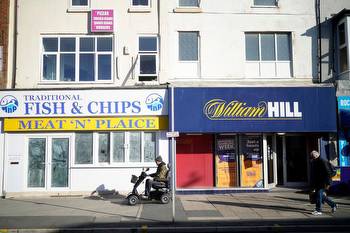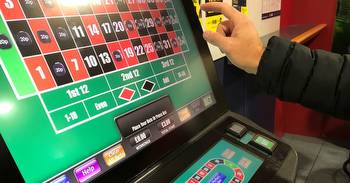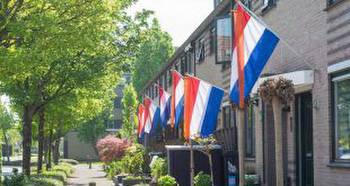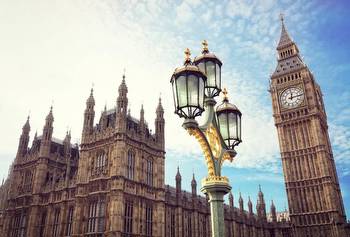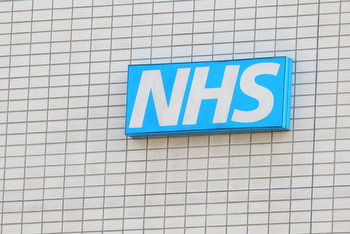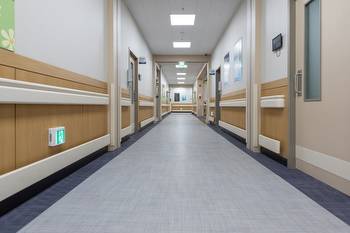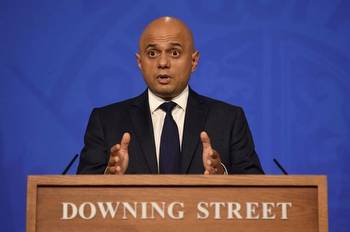Betting shops and bingo halls could be blocked by councils in gambling crackdown
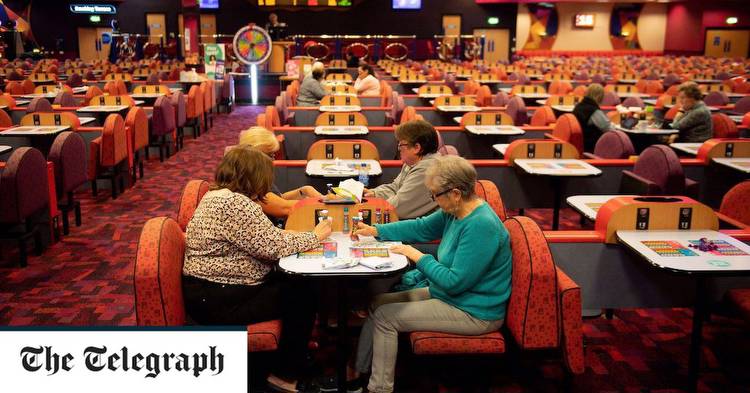
New bingo halls, arcades and betting shops could be blocked under plans being considered by the Government to give councils powers to impose quotas on the number of gambling outlets.The Association of Police and Crime Commissioners (APCC) and Local Government Association (LGA) have proposed that councils should be able to refuse applications for new outlets if they judge that there are already too many in an area.
At present, councils have no powers to prevent bingo halls, arcades or betting shops setting up – even if there is already judged to be an oversupply and a risk of increasing gambling addiction.
They want a new “public health” power to prevent the proliferation of any single type of gambling premises in an area, with ministers weighing up the plans as part of the Government’s white paper on gambling, due in the next month.
It is expected to include a ban on sports shirt sponsorships by gambling firms – backed by the APCC and LGA – a £2 cap on stakes on online slot games and “affordability” tests for punters.
There are around 400,000 gambling addicts in the UK, including 55,000 children, while more than two million people are at risk.
“Evidence shows that clusters [of gambling outlets] are typically located in more deprived areas, where the harm from problem gambling may be exacerbated,” said the LGA and APCC.
They warned that limits on “crack cocaine” fixed odds betting terminals to four machines per shop had backfired by encouraging more to open, creating clusters, and the use of bingo halls as locations for the machines.
It came as the NHS announced that it would stop taking cash from the gambling industry for the treatment of people suffering addiction.
Claire Murdoch, the NHS England national mental health director, has written to the grant-making charity GambleAware to say the NHS will be fully funding its own gambling services from April 1.
On Saturday, health chiefs announced the launch of two new gambling clinics in Southampton and Stoke-on-Trent, taking the number of specialist clinics across England to seven.
Ms Murdoch said the funding decision had been “heavily influenced” by patients who were uncomfortable about using services paid for by the industry – a view that has been echoed by doctors.
GambleAware accounts show that it collected £16 million in voluntary donations from the gambling industry to fund a range of treatment services between April and December last year. These include NHS gambling clinics, which received £1.2 million in 2020/21.
The overall voluntary pledges to GambleAware last year included £1 million from William Hill, just over £4 million from Bet365 and £4 million from Entain.
In April last year, Ms Murdoch told The Guardian that gambling firms had profited during the pandemic but were leaving the NHS to “pick up the pieces” of addiction and should be hit with a compulsory levy to fund treatment.
In her new letter to GambleAware, she said that while industry funding “has allowed us to roll out treatment services faster than would have otherwise been possible”, there was a desire to “move the funding into general NHS funding, as is standard for other similar services”.









